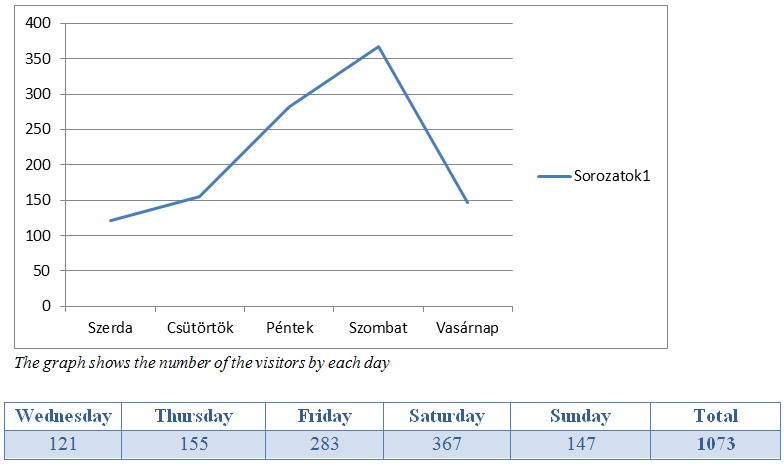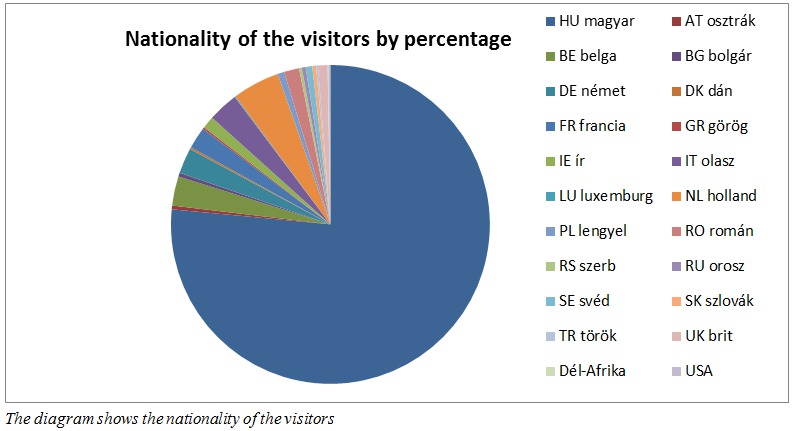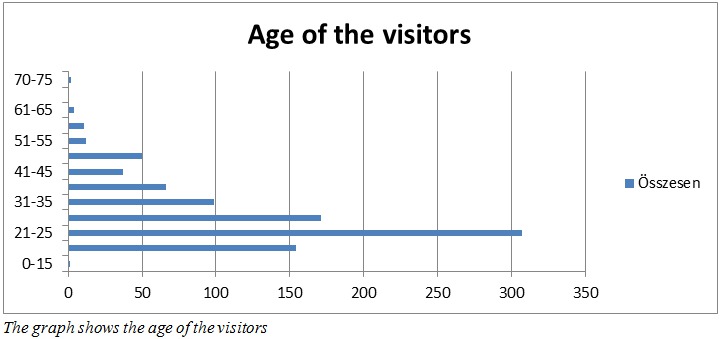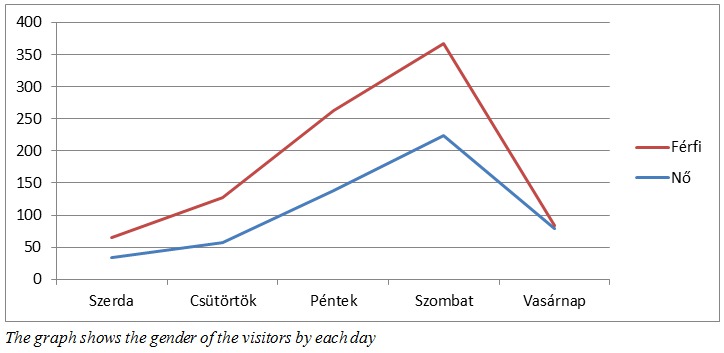„Anti-trafficking tent” welcomed guests at the Civil Island between 7-11 August 2013 who had the opportunity to acquaint themselves with the phenomenon of human trafficking, the indicators of victimisation and possible solutions, important steps and measures to be taken before going abroad to work and the activities of the organizations taking part in the fight against human trafficking.
The following organizations took part in the implementation of the programme:
- Ministry of Interior, Department of European Cooperation
- Ministry of Interior, Press Department
- Hungarian Police Headquarters
- National Labour Office, EURES Department
- Office of Public Administration and Justice, Victim Support Service
- White Ring Public Benefit Association
- British Embassy
- Embassy of Austria
- Bundeskriminalamt Österreich
- LEFÖ Beratung, Bildung und Begleitung für Migrantinnen
- Embassy of Switzerland
- Royal Netherlands Embassy
Target group:
People between 18 and 50, secondary grammar school students who are interested and willing to work abroad and all visitors of the Civil Island and the Sziget Festival who wish to gain more information about trafficking in human beings and learn more about the Hungarian anti-human trafficking efforts.
Evaluation:
The prevention and public awareness raising programme was officially launched at 15.00 o’clock on 7 of August with a press conference of the national coordinator and the representatives of the foreign embassies. Hungarian and English versions of the press conference are available on the following links:
Emberkereskedelem elleni sátrat állított fel a belügyi tárca: https://www.youtube.com/watch?feature=player_embedded&v=FNVGrhD8EzU
The Ministry of Interior represented at the Sziget Festival: https://www.youtube.com/watch?v=3I617Bbd-Iw
In the framework of the programme 1073 questionnaires on trafficking in human beings have been filled in:

74,37 % (798 visitors) were Hungarian, 25,63% (275 visitors) were foreign nationals.

Most of the visitors arrived from the following EU member states to the civil tent:

Besides of the EU Members States visitors came to the tent from Russia, Turkey, USA, South-Africa and Serbia.
Taking into consideration the age groups of the visitors it can be established that the age group of 21-25 years is the highest, which is followed by the age group of 26-30 years and 16-20 years. Significant part of these age groups are interested in working abroad therefore special attention was paid on them.


The overall result is that the busiest days of the week were Friday (283 questionnaires were filled in) and Saturday (367 questionnaires were filled in). The “Anti-trafficking tent” welcomed the visitors from 10.00 – 18.00 and on the busy days the opening hours were extended to 1,5-2 hours.
During the five days 4-5 experts welcomed the visitors:

All the colleagues were working in this field, had knowledge of foreign languages and were skilled people.
Programme:
• Questionnaire on trafficking in human beings
• Public awareness conversations with the representatives of the organizations
• Interactive games
• Useful presents, gifts, books, brochures
After interactive games visitors filled in questionnaires on trafficking in human beings (Hungarian and English versions were available) through which they learned about theoretical and practical sites of human trafficking. Among the questions took place the distinction of trafficking in human beings and migrant smuggling, the most frequent recruitment methods, the criminal liability of the recipient of sexual service, and questions relating to working abroad. The problems most frequently occurred in connection with the definition of the “U signed” employment form, with the obligation of paying a registration fee in case of longer than 90 days residence in a EU member state, with the tricky question of upper age limit of employment in England and with the question of “Where is the prostitution legal in Hungary?”. In the framework of the interactive game visitors tested their balancing skills. After filling in the questionnaires, experts checked the tests and explained the right answers, and the visitors were given useful gifts, books and brochures on trafficking in human beings and information materials on working abroad.
In conclusion and taking into account the positive feedbacks of the visitors it can be established that the prevention and awareness raising programme was successful. In a cost-effective way under a short period a lot of people were made aware on the phenomenon of human trafficking and were given useful information.
